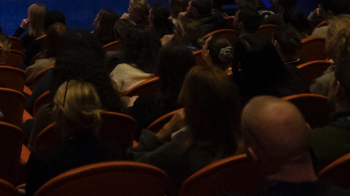IAB UK responds to ICO draft guidance on ‘Storage & Access Technologies’
Posted on Tuesday 25 March 2025 | IAB UK
Our response raises significant concerns about the potential impact of the guidance on the digital advertising ecosystem and the wider online economy
In December 2024, the Information Commissioner’s Office (ICO) opened a consultation into ‘storage and access technologies’, including cookies and similar tracking technologies.
We have submitted a detailed response to the consultation – find it in full below – as well responding to the accompanying draft impact assessment.
While we welcome the opportunity to provide feedback, we have raised significant concerns about the potential impact of the guidance on the digital advertising ecosystem and the wider online economy. As drafted, the expanded scope of the guidance is likely to have an adverse impact across the online advertising supply chain and for consumers.
We are also concerned that the guidance lacks clarity on how alternative advertising models, such as contextual ads, can be implemented practically and sustainably. Without this, there is a risk that the guidance undermines industry innovation at a time when digital advertising businesses are already navigating a complex regulatory landscape.
In our response, we call on the ICO to pause adoption of the guidance to allow for broader consultation, alignment with other regulatory initiatives, and a fuller assessment of the potential economic impact. We are committed to working with the ICO to ensure that future guidance supports both data protection and a thriving, innovative digital economy.
Related content
IAB UK responds to ICO call for views on regulatory approach to low-risk advertising
Learn moreICO invites industry views on future of online advertising regulation
Learn moreWhat can the industry expect from the ICO in 2025?
Learn moreICO opens industry consultation on storage & access technologies
Learn more
Fast forward to 2030 with Futurescape
An in-depth exploration of the attitudes, innovations and media shifts that will shape the years ahead and redefine how we advertise by the turn of the decade



